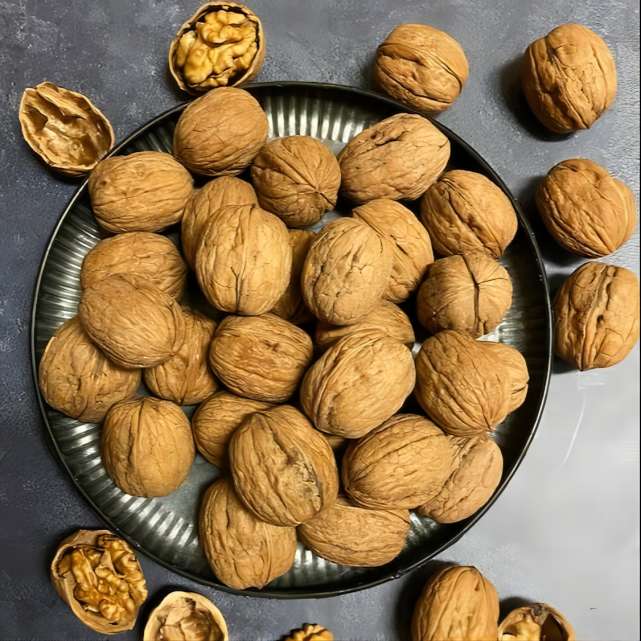Website:Innuts.com
Tax policy is an integral part of a country's cultural, social, political and economic environment. All governments use taxes to fund public expenditure, the rational use of taxes is conducive to social stability and development, agriculture as the basic industry of the national economy, is also a major source of national revenue, in general, foreign agricultural taxes have the following common characteristics: first, reflect the economic policy on agriculture and engaged in agricultural production of farm students and agricultural workers tax care;
No matter what the name of the agricultural tax is, it is in the nature of income tax, and only income tax is generally levied on farmers and herdsmen and workers engaged in agricultural harvest production, and no indirect income is levied. Third, the income tax policy for agriculture is basically the same as that for businessmen, but there are some distinctions in some specific practices, and agriculture can obtain more tax incentives and support; Fourth, all enterprises use the same tax god, which is convenient to manage the powerful, and some countries do not have a special agricultural tax like China.U.S. Agricultural Tax Incentives Agriculture in the United States is a fairly developed traditional industry, and at the same time the overall economic law in the United States is also a weak industry, relying on the beginning of the heavens. There are fundamental changes. Drought and floods have caused agricultural harvest failures in the former region, and fluctuations in the price of the national flavor field have also affected farmers' income from time to time. Therefore, agriculture has always been known to the U.S. government to protect and support a wide range of industries U.S. agriculture is dominated by small employment and gold production rate and the export of organic farms, and even the United States pushes a variety of dishes10,000,000, agricultural imports account for about 2% of the total people's country, agricultural chang, sales to be. 2001 U.S. 7With a mouth volume of $53.5 billion, the reason why U.S. agriculture can develop in Dalian is that it is the original public. The taxes levied by the U.S. government on agriculture are tax-based, inheritance and restitution and sales, specifically for farmers, but for all taxpayers.
Income tax The US tax system, whether federal or local, has tax incentives to promote agricultural development. The federal tax system imposes income tax incentives on farmers, mainly including: the "cash bookkeeping method" for agricultural income, that is, farmers report to the tax department only after receiving payment for the sale of agricultural products; Capital expenditure can be deducted in one lump sum. The "capital upswing" paid by the farmer for production can be written off once in the income of the year in which the payment is made, that is, the income and expenditure in the capital expenditure of agriculture can also be of different periods, which encourages agricultural investment and counts the sale of "one product" as "capital" as much as possible; Income tax deduction for long-term capital gains, starting in 1921, treats surpluses arising from the sale of assets as "short-term" and "long-term" separately, short-term gains are all taxable income, and only 40% of long-term income is taxable income; Expanding the scope of income tax exemption, agricultural companies can enjoy some special income tax exemption benefits in addition to the employment tax credit, investment tax credit, loss credit for the next 5 years or tax credit paid in previous years
Sales tax and use tax The sales tax problem of American farmers is mainly manifested in the sales tax that needs to be paid to retail sellers when purchasing means of production. Since sales and use taxes are taxes of state governments, the rules vary from state to state, but many states give certain concessions to agricultural production. For example, Utah has a resale credit for the purchase of goods by agricultural producers, a sales tax provision for the purchase of goods that are self-connected to agricultural merchants, and exemptions for agricultural producers selling products and services in most cases.Except for the taxes and fees generally levied by the government on all taxpayers in accordance with the income tax and other tax laws of the state, farmers basically have no other fees that must be paid.
At the same time, not only is there less agricultural planting, but the total tax revenue is also very low, and in recent years, the annual tax pays by farmers who make a living by operating farms in the United States is about 200 billion flash technology, which can be said to be small compared with the total personal income tax of about $1 trillion collected by the government of the same country every year. Therefore, there are few types of taxes, strong wrongness and tax payment according to the collector of the United StatesIn addition, the U.S. agricultural tax law also has many different types of tax incentives. For example, tax deferral means that some products that are still sold or sold but have not received cash can be deferred to the next year, that is, for the purchase of machinery and equipment, expenses such as three cloths can be fully deducted from the income of the current year; Tax exemption, according to the law, the sale of agricultural assets can be exempted from 60% of the income tax, since the government took office, the United States' protection and support for agriculture has become stronger. The most important content and feature of the new agricultural law, which began in 2002, is to substantially increase subsidies for U.S. agriculture to ensure the interests and safety of U.S. agricultural producers.
Follow us to learn more about agriculture information Innuts.com.

